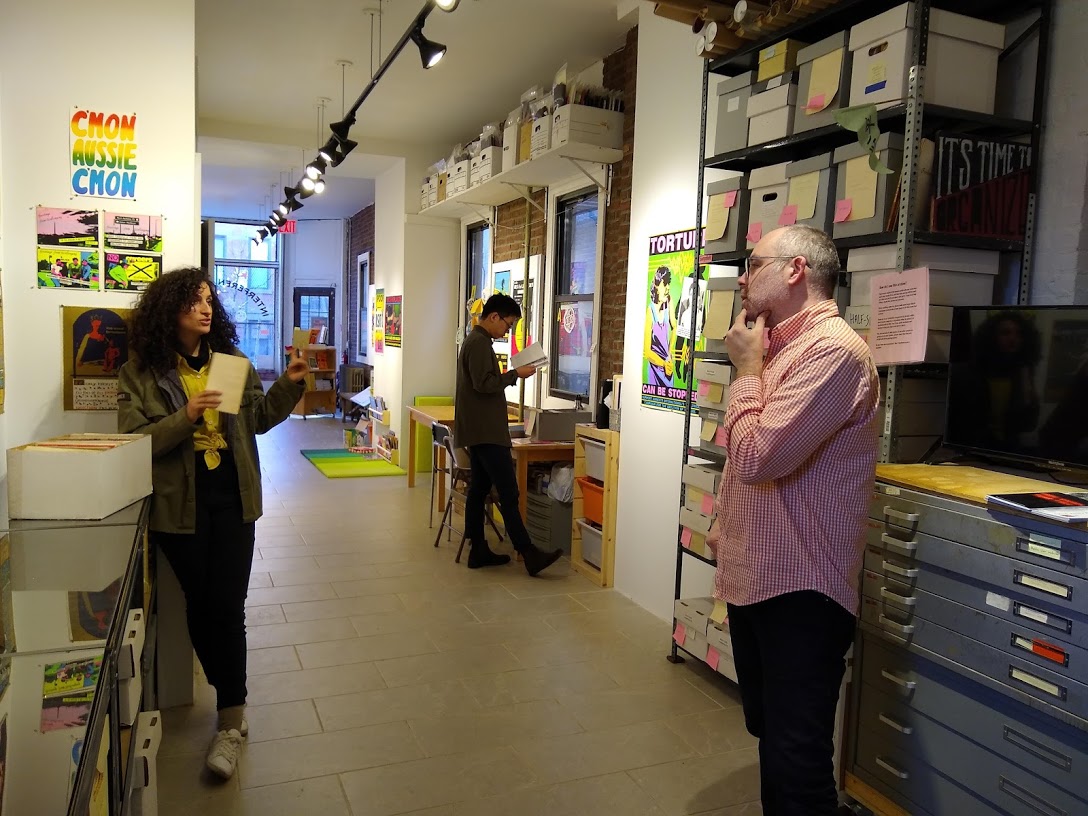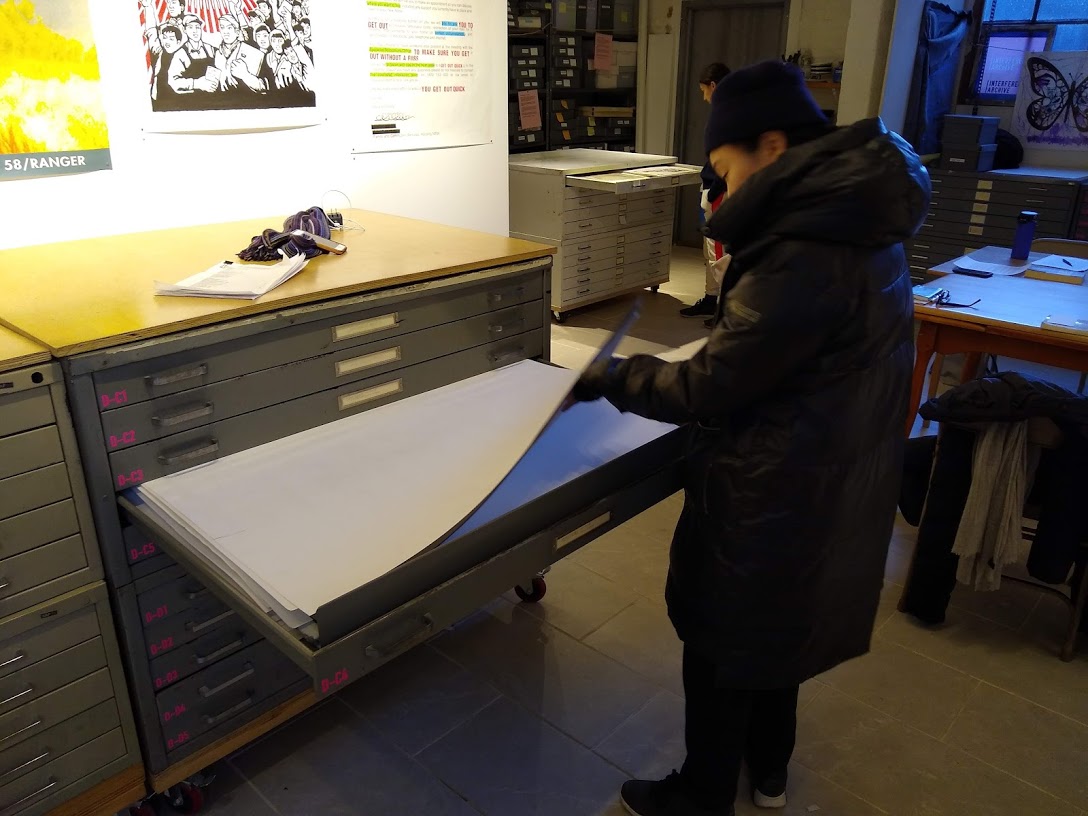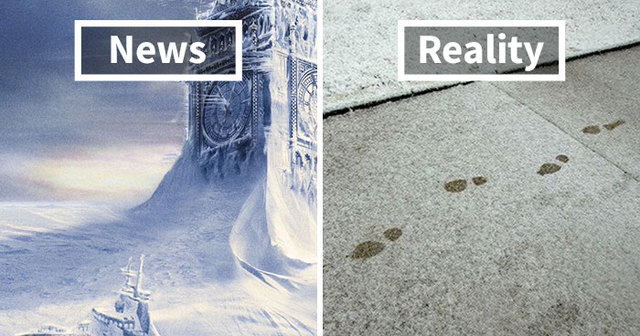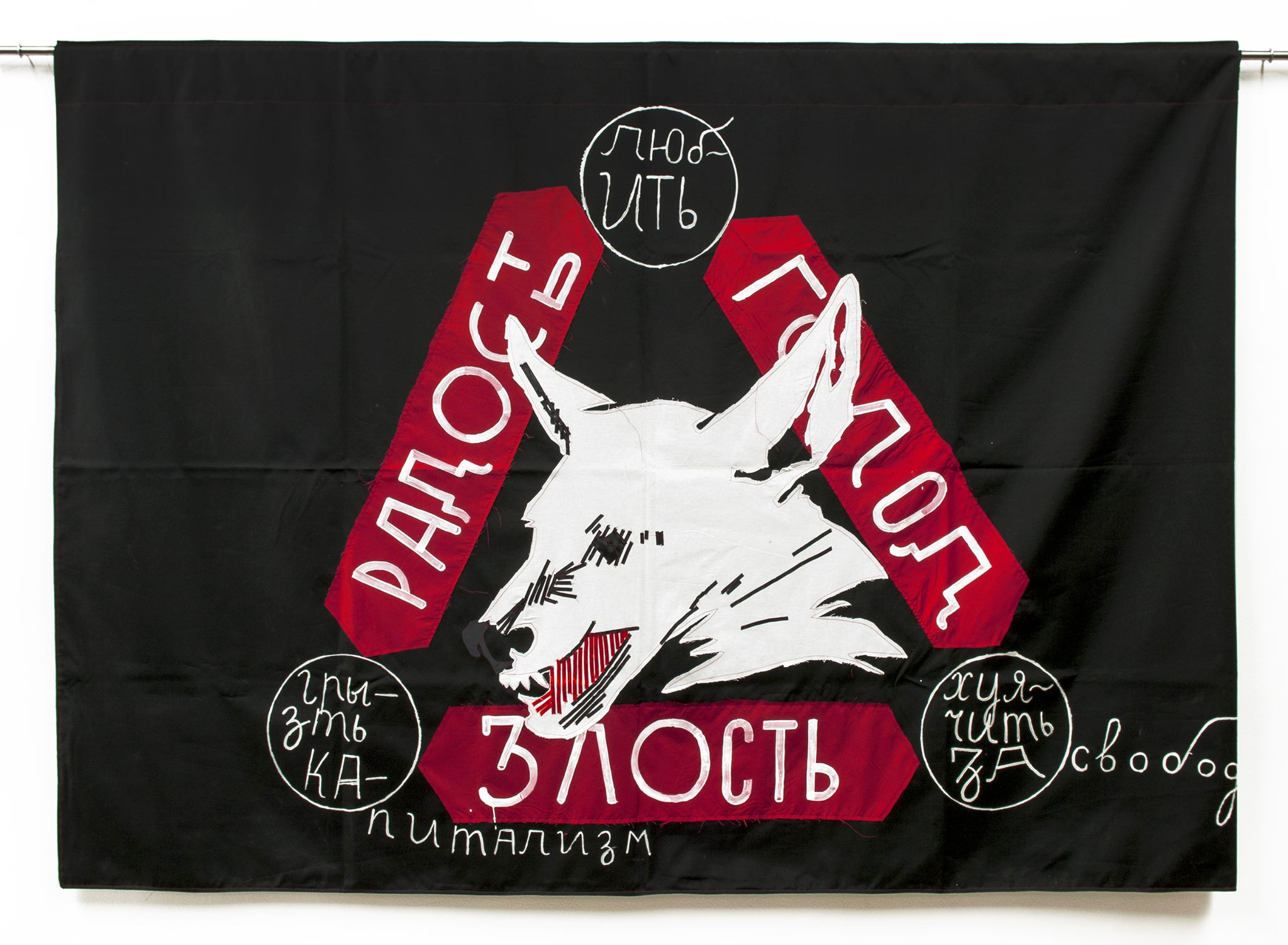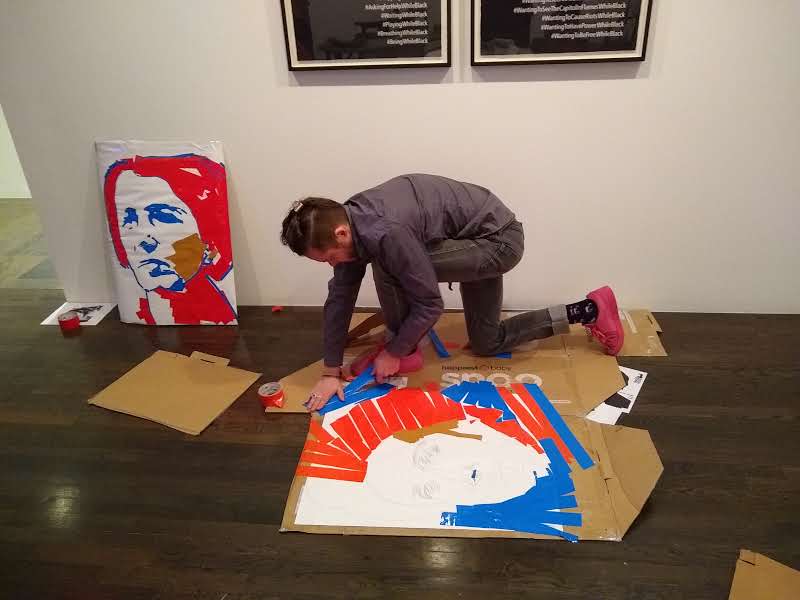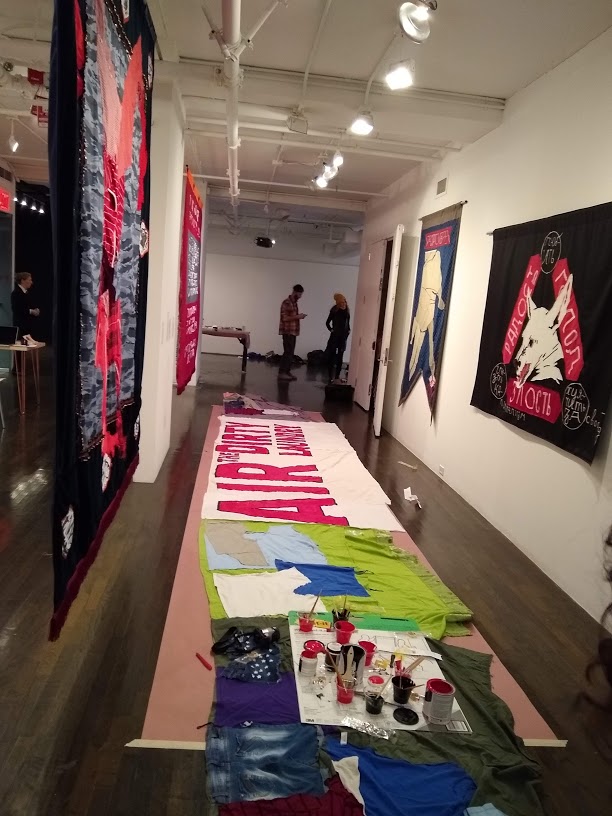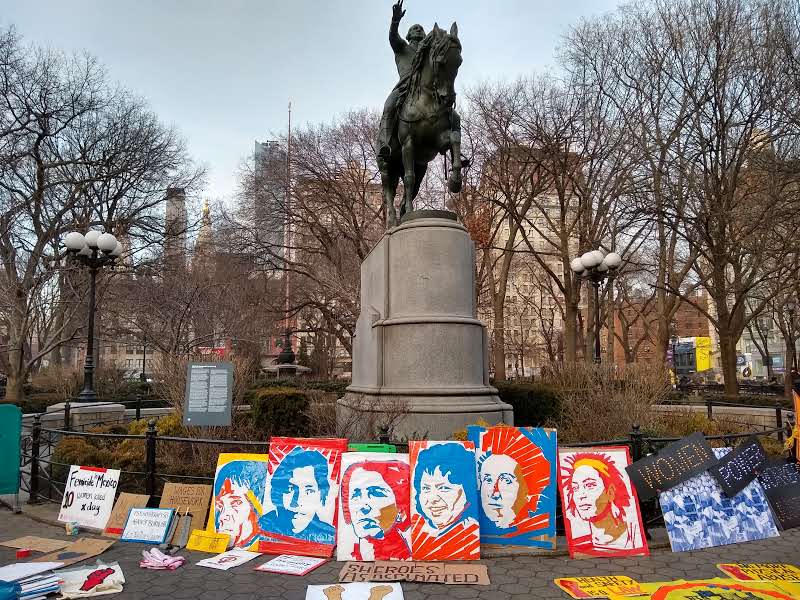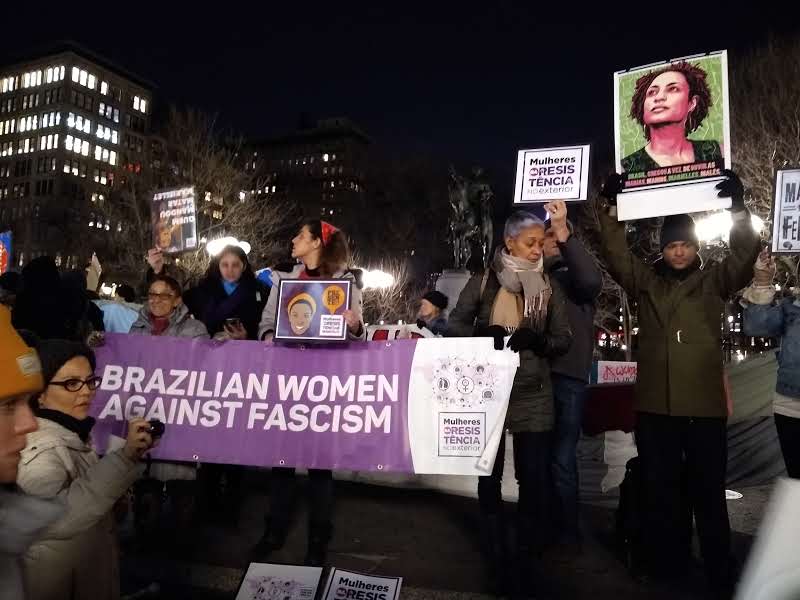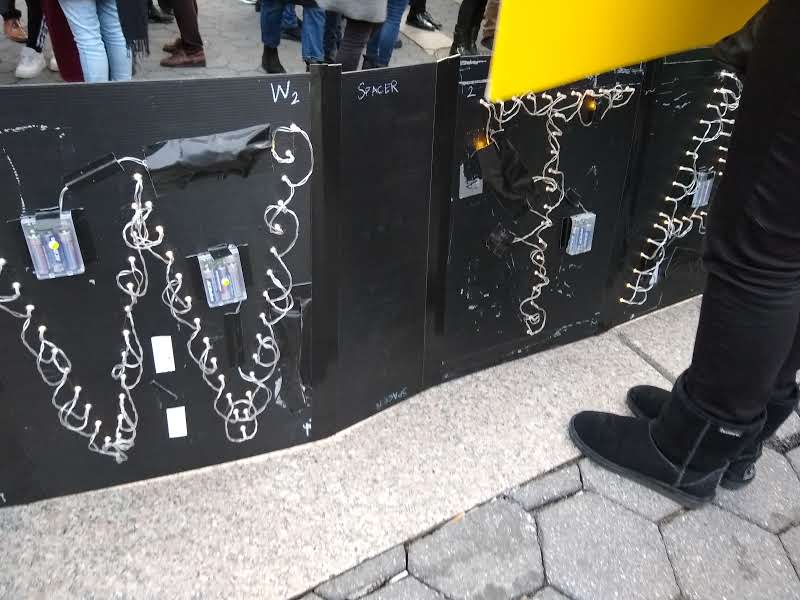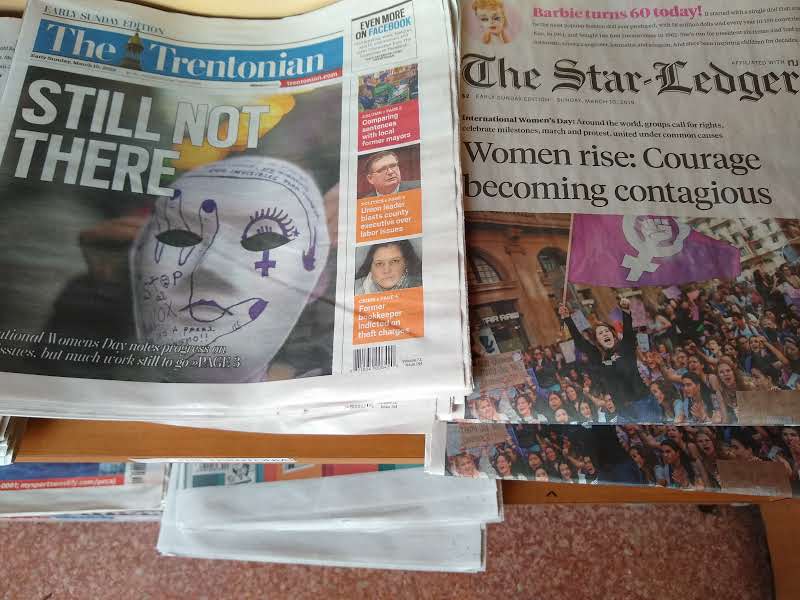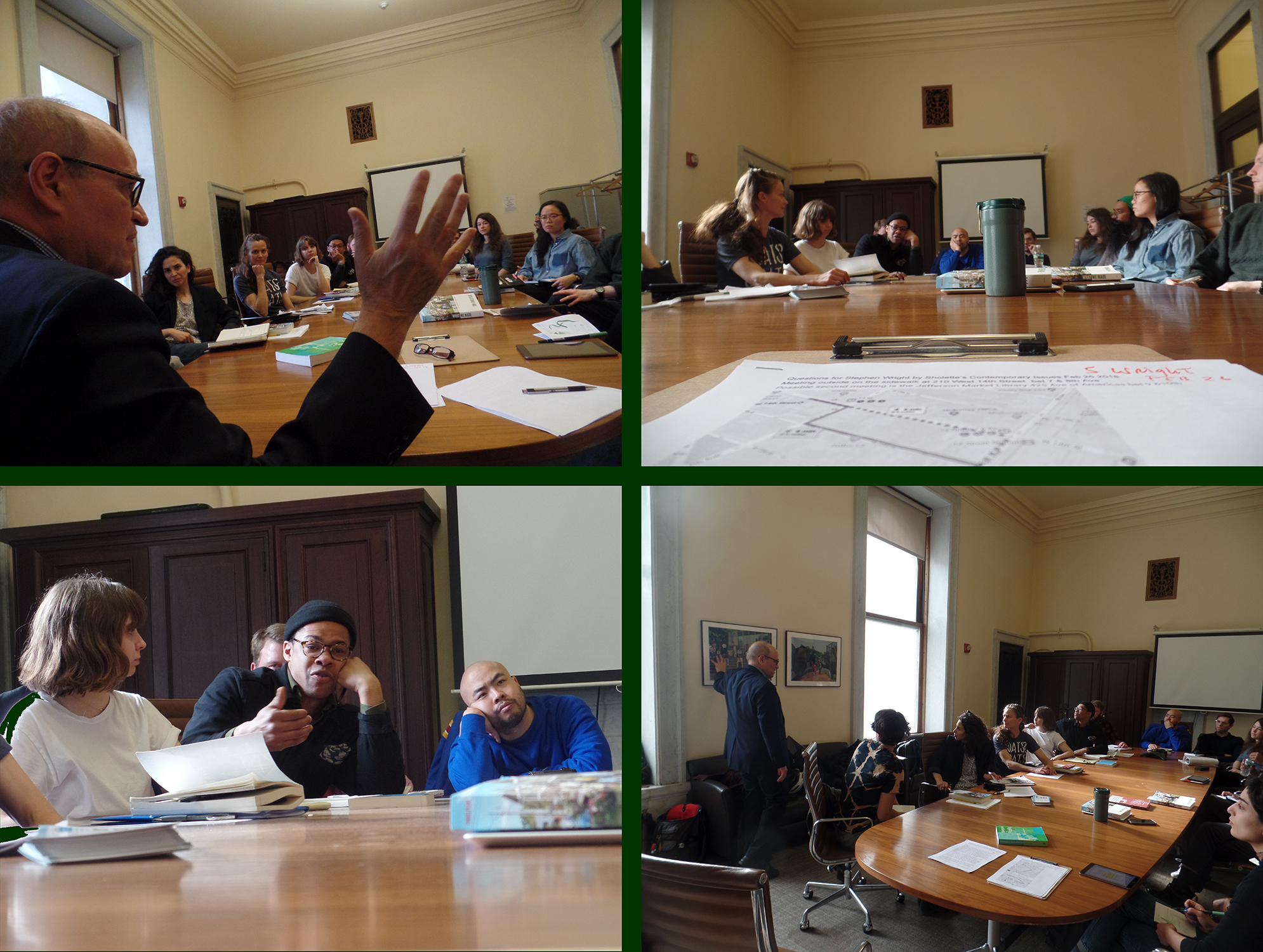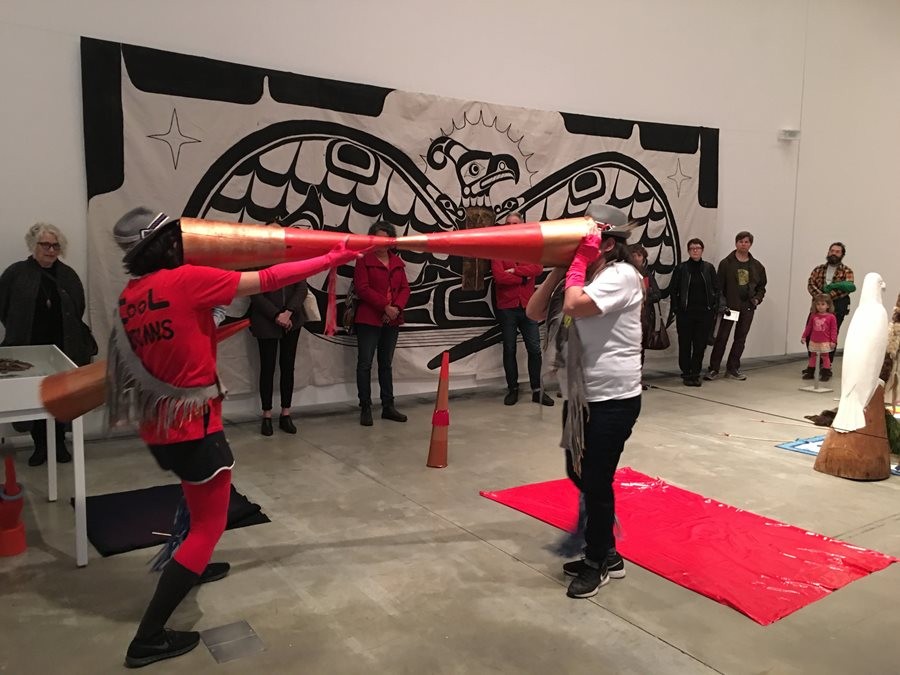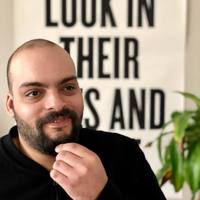History & Theory of Socially Engaged Art Practice ARTS 777 (SPRING 2019)
Art as History? Art as Thinking? Art as Research? Art as Work? The aim of this seminar is to survey, critique and historicize the theory and practice of activist, interventionist, public, participatory and community based art that operates within and across fields such as performance, urban studies, environmental science and other socially engaged disciplines. The class will focus on such questions as: Why is it useful, even necessary, to understand the history and theory of social practice art? Where should we look to find the historical roots of social practice art? Are these within the history of art, or external to it, in the broader social sphere? In an increasingly privatized society how do we define and operate within a concept of the public sphere? And how are both mainstream and alternative type cultural institutions responding to the increasing interest in socially engaged art by emerging artists? Through lectures, readings, discussions, student presentations, group activities, guest speakers and off-site visits to galleries and museums we will seek to position socially-engaged visual culture and the shifting role of the artist within an historical, ideological, and critical framework.
Social Practice Reader gs 2019
ARTS 777, Mondays, 2 – 5PM
Klapper Hall 403 and various locations
Gregory Sholette: instructor.
Email: gsholetteSTUDIO@gmail.com
Learning Goals & Objectives
- Develop theoretical and historical knowledge of emerging social practice art field.
- Explore and debate complexities, paradoxes and possibilities of socially engaged art.
- Engage in original research related to social practices and individual student projects.
- Foster an environment for investigating cross-disciplinary exchange and critical thinking.
- Acquire working knowledge of seminal texts relevant to this field and in relation to the broader background of art history.
Assignments and Expectations
- You will generate at least one question or observation for each week’s reading or viewing.
- Please use this online Google.doc form to submit your weekly questions:
- Final projects can consist of an artistic work based on research and knowledge gained during our seminar. This project needs to be accompanied by documentation of research in the form of a bibliography. A second option is to submit a traditional research paper that can be based on the research question prompts (one or more), or, one or more of these prompts can alternatively be used as the basis for framing an interview with a social practice practitioner that is then transformed into a ten page paper encapsulating key aspects of the transcribed interview within a thesis – see below for more details):
FIVE RESEARCH QUESTION PROMPTS :
-
The definition question: How does social practice differentiate itself from social service ? Is this important to resolve? What kind of questions and assumptions arise if we seek to make social practice its own distinct artistic method? And what sort of questions and assumptions arise if we do not differentiate it from art or from say, community work, environmental activism, urban reform, or social justice advocacy?
-
The institutionalization/academic question: Is social practice art radically opposed to mainstream art and culture? Is it rejuvenating it? Or is it being co-opted by it? How can we frame this question to get beyond simple answers and find a more engaging and useful thesis from which to work?
-
The context question: Who is a social practice artist and what sort of “agency” does she or he have in a world of hyper-surveillance and economic ? And who is such work made for and why? Is it global or local, white or black, academic, or populist? Does it have a specific historical framing? Is it logical to assume it will be part of future arts academic curricula and how will this alter the study of art and of art criticism, history, curating, etc..?
-
The “aesthetic” question: Is there a social practice art-aesthetic or form or repertoire of forms specific to this kind of work? If yes, what kind of questions do we need to ask in order to investigate what this particular aesthetic consists of? And if there is no such thing as a social practice aesthetic how will this “lack” impact the practice of social practice art if at all?
5. The organizational question: the practice of social practice art, as opposed to many other types of artistic practice, inevitably involves processes of organization, administration, and self-governance. What precedents exist regarding this conjoining of artistic and organizational needs and goals, and does a distinctive hybrid of some type emerge from this entanglement?
FINAL PROJECT DETAILS:
A.
ALTERNATIVE FINAL RESEARCH PROJECT
An art project (installation, drawings, video piece, photographic album or similar) on the selected research topic presented to the class towards end of semester, and a one to two page description of your project with reference materials used is turned in at the end of the semester.
B.
INTERVIEW BASED PAPER
1. Please make the paper ten to fifteen standard pages, inclusive of footnotes and bibliographic references and illustrations if any.2. The five research questions listed on the online syllabus are there to stimulate your critical thinking regarding our topic. You may also select one or more of them to help frame the paper.3. If you decide to base the paper on an interview please see the suggested Interview Prep & Thesis Guide to prepare your interview.4. Bear in mind that transcribing an interview from an audio recording is time-consuming and tedious, so it is not recommended to conduct an unnecessarily long interview.5. Be sure that if an interview is at the heart of your thesis that you do frame the interview transcription with your own research question introduction and conclusions.
6. All projects and papers will be due before or by MAY 13th !
Papers & projects are due before or at the end of the semester but no later than:
* MAY 13 *
________
THE SYLLABUS
1/28 Week One: INTRODUCTION(S) and PPT lecture
Meet at 2PM at Klapper 672
2/4 Meet with Hatuey Ramos-Fermín / The Laundromat Project CLICK
MAP
920 Kelly Street (basement) in the Bronx. Folks can take the 6 train to longwood station or the 2/5 to Intervale station: it is about a 5 minute walk from either station.
2/11 Class Canceled but please try to come to our College Art Association Conference panel at the Hilton Hotel on Thursday 2/14:
Teaching Art as Social Action:
Pros, Cons, Observations, Experiences
Thursday February 14, 2:00 – 3:30 PM
New York Hilton Midtown – 2nd Floor – Gramercy West
For instructions on attending “pay as you wish” go to this link please:
http://www.collegeart.org/news/2019/02/05/pay-as-you-wish-is-back-for-caa-2019/
2/18 No Class: President’s Day
2/25 Class meets with Josh MacPhee at MAP
READING: Interference Archive, Building a Counter-Institution: MacPhee2018
ADDITIONAL READING: Social Movement Cultures: An Introduction (with Dara Greenwald) CLICK
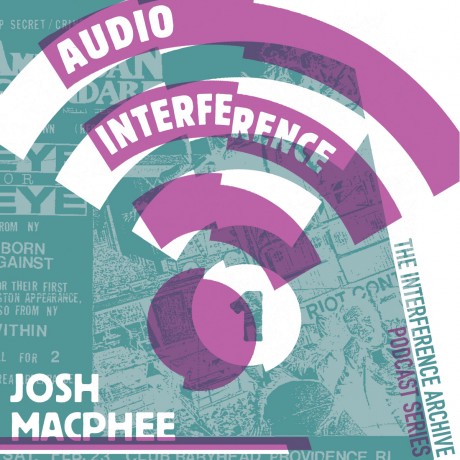
INTERFERENCE
ARCHIVE
314 7TH STREET
BROOKLYN, NY 11215
3/4 Snow Day
3/11 A visit with The 8th Floor curator Sara Reisman’s and her exhibition “Revolution from Without,” MAP
And a meeting with contributing artist and activist Nikolay Oleynikov from the Chto Delat (What is to be done?) collective in St. Petersburg Russia.
Reading: TBD: Sara Reisman: “Thoughts Are Free”: CLICK
Images of Nikolay at the 8th Floor on Thursday March 7 leading a prop-making workshop for International Women’s Day:
Images of International Women’s Day rally at Union Square Friday March 8 with the props in play:
3/18 MEET AT QUEENS COLLEGE CONFERENCE ROOM FIRST FLOOR KLAPPER HALL.
Reading for this week: introduction to Conversation Pieces Kester
3/25 Meet at Museum of Modern Art * with Pablo Helguera.
Reading: Pablo Helguera’s introduction to his book: Education for Socially Engaged Art: Helguera
* the MoMA: The Lewis B. and Dorothy Cullman Education and Research Building at 4 West 54 Street [just west of 5th Ave]
April First: Meet Tom Finkelpearl, commissioner of the New York City Department of Cultural Affairs in the lobby of 31 Chambers St: MAP
Reading for this week: introduction to What We Made: Finkelpearl
4/8 Maria Hupfield & Jason Lujan
We meet with Maria Hupfield & Jason Lujan at the Bard Graduate Center Gallery 18 West 86th Street between Columbus and Central Park West (A BC trains just off Central Park)
Maria Hupfield is a Canadian artist, working in Brooklyn, New York. She is an Anishinaabe, specifically an Ojibwe and a member of the Wasauksing First Nation, located in Ontario, Canada. Hupfield works in a variety of media, including video and performance. Wikipedia
4/15 Jeff Kasper
4/15 Meet with Jeff Kasper at MORE ART Inc. at 232 East 11th Street between 2nd and 3rd Avenues, Manhattan (MAP).
4/22: NO CLASSES: SPRING BREAK
4/29 Meet with Stephanie Dinkins at the Data & Society research institute space at 36 West 20th Street between 5th & 6th Aves.
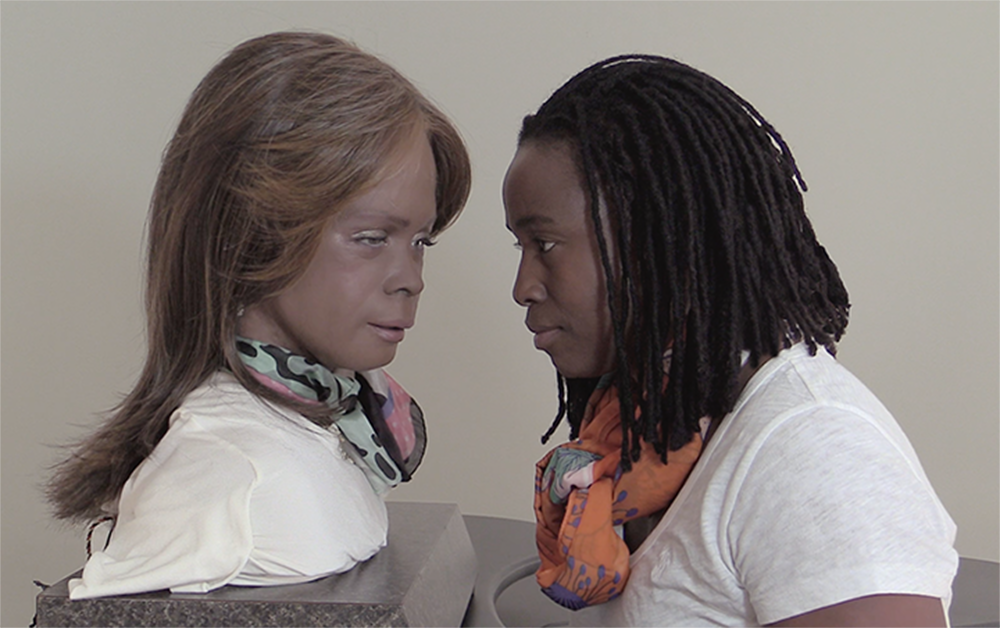
Stephanie Dinkins is a transdisciplinary artist who creates platforms for dialog about artificial intelligence as it intersects race, gender, and our future histories. Her art employs lens-based practices, the manipulation of space, and technology to grapple with notions of consciousness, agency, perception, and social equity. She is particularly driven to work with communities of color to develop AI literacy and co-create more inclusive, equitable artificial intelligence. Dinkins’ artwork is exhibited internationally at a broad spectrum of community, private and institutional venues – by design.
5/6 TBD
5/13 Final Projects
Additional Readings:
- Rosalyn Deutsche, “Art and Public Space: Questions of Democracy,” Social Text, Vol. 33, 1992: pp. 34–53.
- Dominic Willsdon. “Where Are We and What Time Is It? On Beginning to Curate Suzanne Lacy.” A Blade of Grass. 2017.
- Jan Cohen-Cruz. “The Imagination and Beyond: Toward a Method of Evaluating Socially Engaged Art.” Future Imperfect. A Blade of Grass. 2017.
- Mark J. Stern, and Susan C. Seifert.“Civic engagement and the arts: issues of conceptualization and measurement.” University of Pennsylvania, School of Social Policy & Practice, 2009.
- Paul J. Kuttner. “What is Cultural Organizing?”
- Michael G. Birchall, Socially engaged art in the 1990s and beyond CLICK
- Elizabeth M. Grady. Process as Form: Response to the ICI Curatorial Convening on Socially Engaged Art. Independent Curators Internaitonal. 2017.


